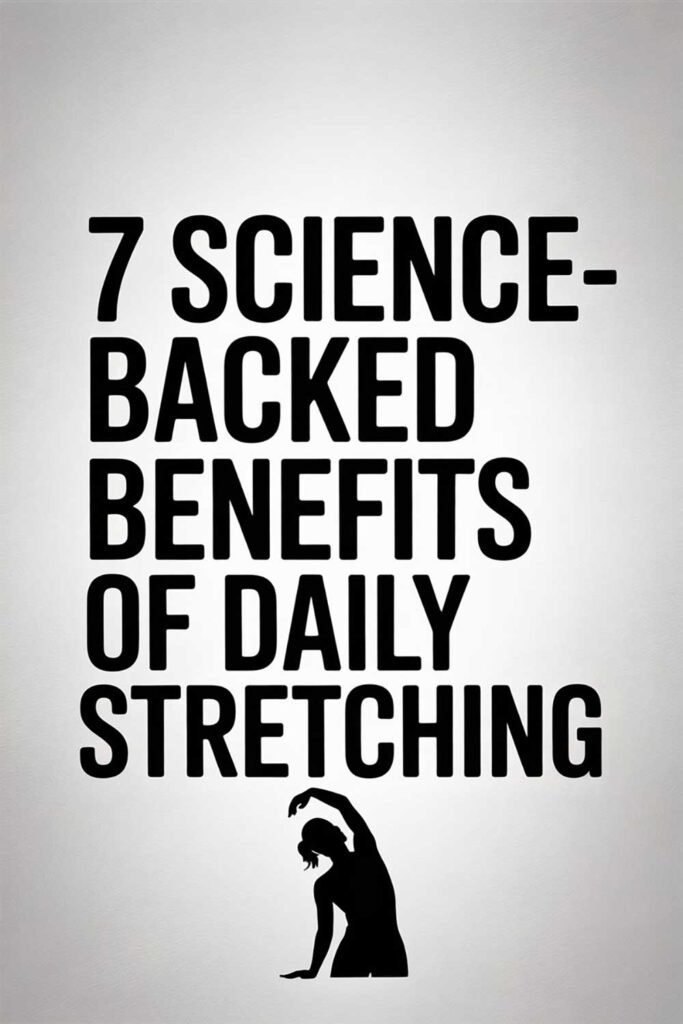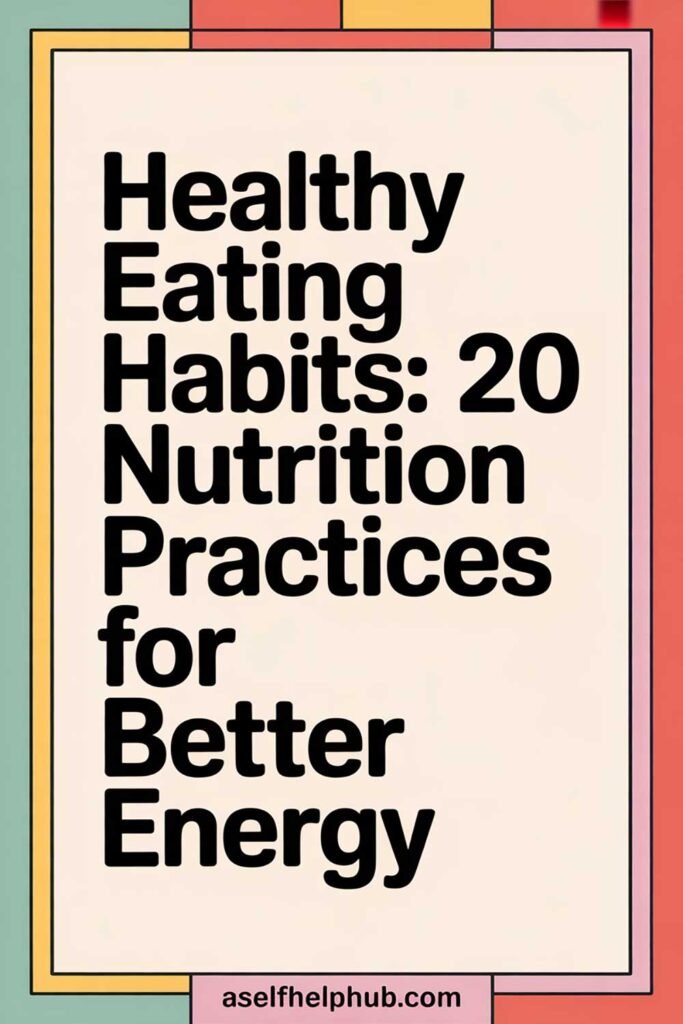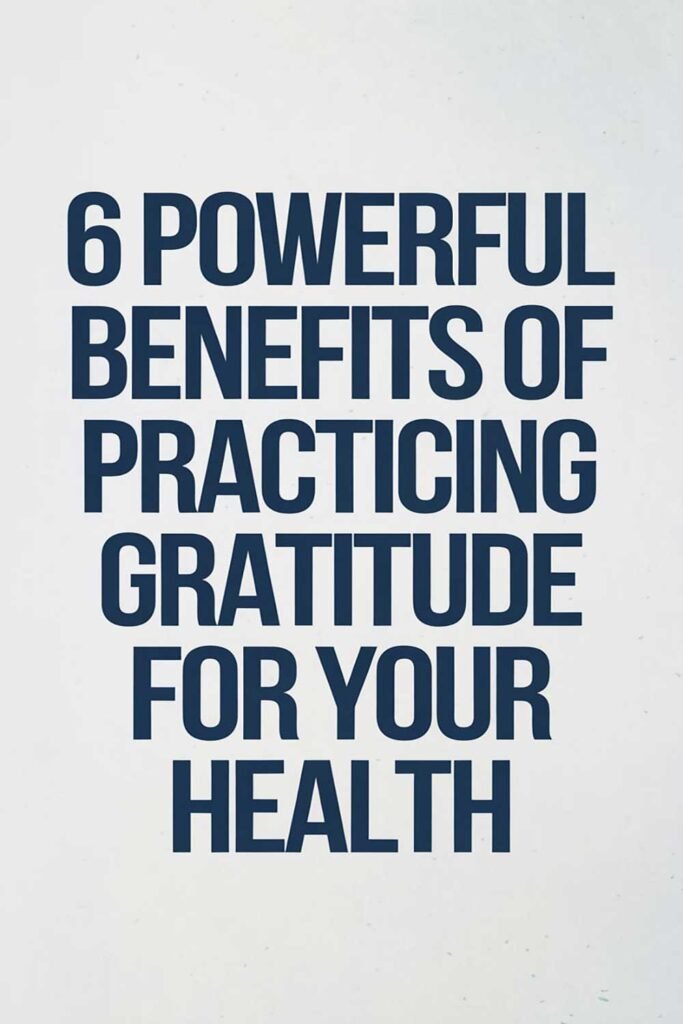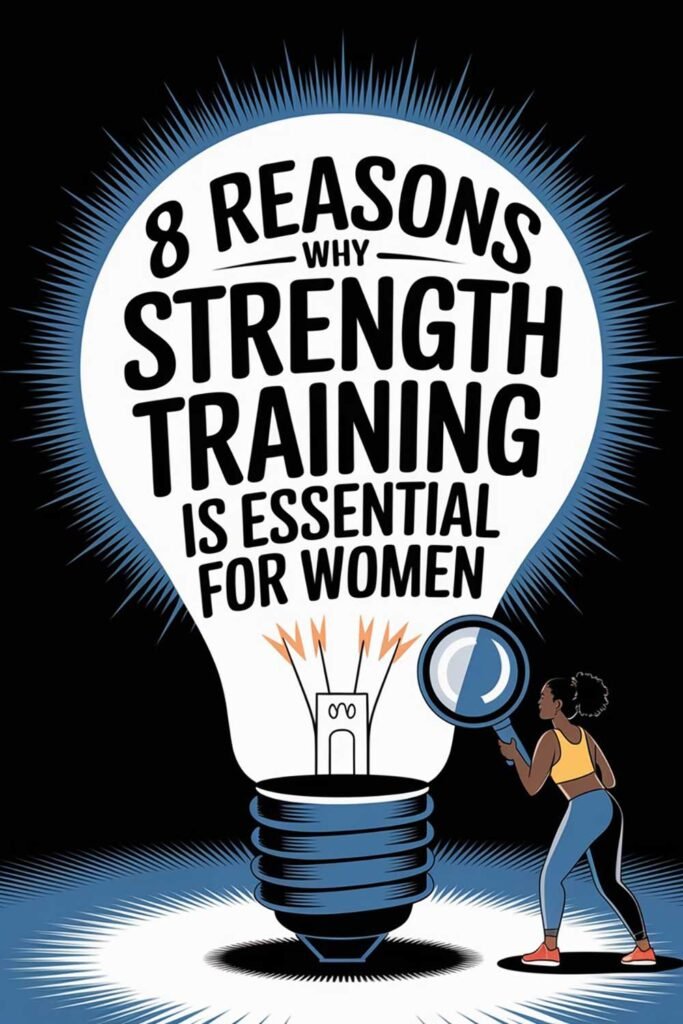5 Unusual Signs of Nutrient Deficiencies You Shouldn’t Ignore
Nutrient deficiencies can have a profound impact on your health, often manifesting in subtle and unexpected ways. While fatigue, brittle nails, and hair loss are commonly recognized symptoms, some warning signs may be unusual and overlooked. If your body isn’t getting the essential vitamins and minerals it needs, it will send signals that something is off. Here are five unusual signs of nutrient deficiencies that you shouldn’t ignore and how to address them naturally.

1. Cracks at the Corners of Your Mouth (Angular Cheilitis)
If you frequently experience painful cracks or sores at the corners of your mouth, you may be deficient in iron, zinc, or B vitamins (especially riboflavin and B12). This condition, known as angular cheilitis, is often mistaken for chapped lips but persists despite using lip balm.
Possible Deficiencies:
- Iron
- Zinc
- B Vitamins (B2, B3, B6, B12)
How to Fix It:
- Eat more iron-rich foods like spinach, red meat, lentils, and fortified cereals.
- Include zinc sources such as pumpkin seeds, nuts, and shellfish.
- Consume B-vitamin-rich foods like eggs, dairy, leafy greens, and whole grains.
- Consider a B-complex vitamin supplement if dietary intake is insufficient.
Scientific Evidence:
A study in The American Journal of Clinical Nutrition found that B-vitamin deficiencies, particularly riboflavin and niacin, are linked to skin disorders, including cheilitis.
2. Frequent “Pins and Needles” Sensation
A tingling, prickling, or numbness sensation in your hands, feet, or legs—often called “pins and needles”—can indicate a deficiency in vitamin B12, folate, or magnesium. These nutrients are essential for nerve function, and a lack of them can result in nerve damage or impaired circulation.
Possible Deficiencies:
- Vitamin B12
- Folate
- Magnesium
How to Fix It:
- Eat more vitamin B12 sources like fish, poultry, dairy, and eggs.
- Increase folate intake with leafy greens, legumes, and avocados.
- Add magnesium-rich foods such as nuts, seeds, bananas, and dark chocolate.
- If symptoms persist, consider getting blood work done to check for B12 deficiency.
Scientific Evidence:
A study in Neurology found that vitamin B12 deficiency is strongly linked to nerve damage and neuropathy, which can cause tingling sensations and numbness.
3. Unusual Hair Loss or Brittle Hair
Hair shedding is normal, but excessive hair loss or brittle, thinning strands could be a sign of a nutrient deficiency. Deficiencies in iron, biotin, protein, or essential fatty acids can weaken hair follicles, leading to increased breakage and loss.
Possible Deficiencies:
- Iron
- Biotin (Vitamin B7)
- Protein
- Essential fatty acids
How to Fix It:
- Eat iron-rich foods such as red meat, lentils, and tofu.
- Consume biotin-rich foods like eggs, nuts, and whole grains.
- Include protein sources like chicken, fish, beans, and dairy.
- Add healthy fats like avocados, flaxseeds, and salmon to your diet.
- If hair loss persists, consult a healthcare provider to rule out an underlying deficiency.
Scientific Evidence:
A study in The Journal of Dermatology found that iron deficiency is one of the most common causes of hair loss, particularly in women.
4. White Spots or Ridges on Nails
White spots or ridges on the nails are often dismissed as harmless, but they can indicate deficiencies in zinc, calcium, or protein. These nutrients are essential for nail strength and growth, and their absence can lead to weak, brittle nails.
Possible Deficiencies:
- Zinc
- Calcium
- Protein
How to Fix It:
- Eat zinc-rich foods like oysters, beans, and sunflower seeds.
- Increase calcium intake with dairy products, leafy greens, and almonds.
- Ensure adequate protein intake with lean meats, eggs, and plant-based sources.
Scientific Evidence:
A study in Clinical Nutrition found that zinc deficiency is commonly associated with white spots on nails and poor wound healing.
5. Unexplained Mood Swings and Irritability
If you frequently experience sudden mood swings, irritability, or feelings of depression, it could be linked to a deficiency in omega-3 fatty acids, magnesium, or vitamin D. These nutrients play a crucial role in brain function and mood regulation.
Possible Deficiencies:
- Omega-3 Fatty Acids
- Magnesium
- Vitamin D
How to Fix It:
- Eat more omega-3-rich foods like salmon, walnuts, and flaxseeds.
- Increase magnesium intake with leafy greens, dark chocolate, and whole grains.
- Get more sunlight exposure or take a vitamin D supplement if needed.
Scientific Evidence:
A study in The Journal of Affective Disorders found that low vitamin D levels are strongly correlated with increased symptoms of depression and mood instability.
Inspirational Quotes on Health and Nutrition
- “Let food be thy medicine and medicine be thy food.” – Hippocrates
- “A well-nourished body leads to a well-nourished mind.” – Unknown
- “You are what you eat, so don’t be fast, cheap, easy, or fake.” – Unknown
- “Taking care of your body is the best investment you’ll ever make.” – Unknown
- “Every time you eat or drink, you are either feeding disease or fighting it.” – Heather Morgan
- “Your health is an investment, not an expense.” – Unknown
- “When diet is wrong, medicine is of no use. When diet is correct, medicine is of no need.” – Ayurvedic Proverb
- “Eat well, move often, and love deeply.” – Unknown
- “A healthy outside starts from the inside.” – Robert Urich
- “Nutrition is the only remedy that can bring full recovery and be used with any treatment. Remember that food is our best medicine!” – Bernard Jensen
Picture This
Imagine waking up each day feeling vibrant, strong, and mentally sharp. Your skin glows, your hair is full and healthy, and your energy levels are at an all-time high. You no longer struggle with mysterious symptoms that once left you frustrated and exhausted. Instead, your body thrives, fueled by the nutrients it needs to function at its best. Taking control of your nutrition has given you a new sense of vitality and confidence. Are you ready to listen to what your body is telling you and give it the nourishment it deserves?
Please Share This Article
If you found this article helpful, please share it with anyone who might benefit from learning about unusual signs of nutrient deficiencies.
Disclaimer
Results may vary. Always consult a doctor before making any health-related changes. This article is for informational purposes only and does not constitute medical advice.






